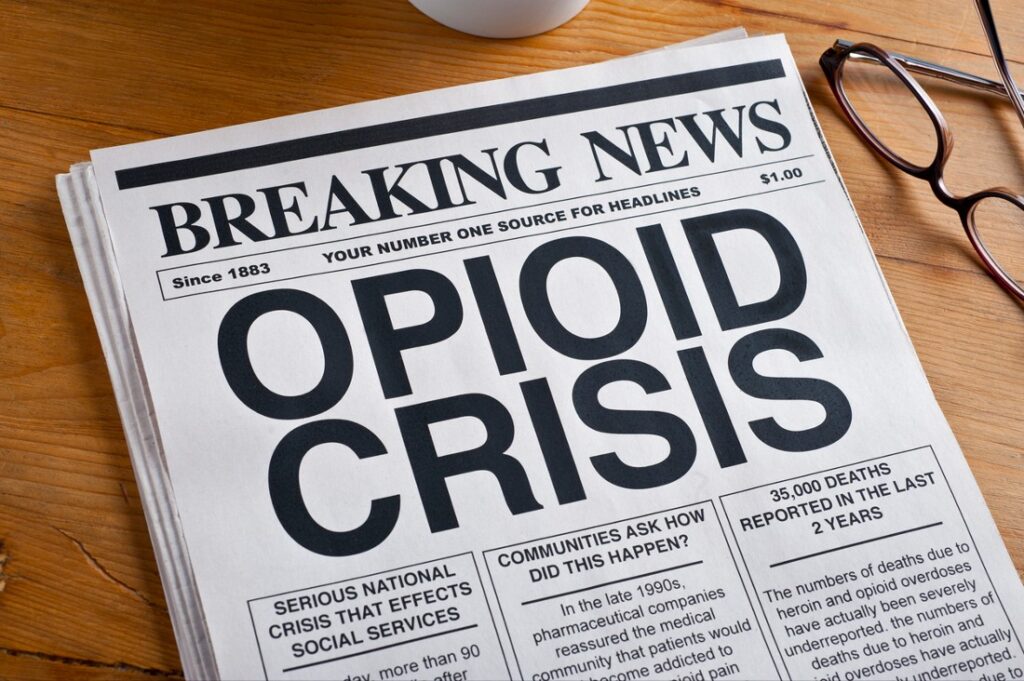Show content
The opioid crisis has burgeoned into a formidable challenge within the public health landscape, affecting communities worldwide. Opioid Use Disorder (OUD) represents a complex condition characterized by the compulsive use of opioids despite harmful consequences. Addressing OUD necessitates a multifaceted approach, combining medical, psychological, and social support systems to guide individuals toward recovery.
The Impact of Opioid Use Disorder
OUD is not just a matter of physical dependency; it’s a condition that erodes the very fabric of an individual’s life, impacting their health, relationships, and social functioning. The disorder is marked by a chronic pattern of opioid use, leading to significant impairments or distress. The transition from opioid use to opioid dependency and subsequently to OUD can be insidious, often catching individuals and their loved ones off guard.
OUD Treatment Program: A Beacon of Hope
Amidst the shadows cast by OUD, treatment programs offer a ray of hope. An effective OUD treatment program is comprehensive, addressing not only the physical aspects of the disorder but also the psychological and social factors. These programs are designed to provide a scaffold for recovery, supporting individuals through every step of their journey.
Methadone: A Key Player in OUD Treatment
A cornerstone of many OUD treatment programs is the use of methadone, a medication that has been utilized for decades in the treatment of opioid dependency. Methadone acts as a long-acting opioid agonist, mitigating withdrawal symptoms and reducing cravings without producing the euphoria associated with opioid misuse. Its effectiveness lies in its ability to stabilize individuals, allowing them to engage more fully in other facets of treatment, such as counseling and behavioral therapies.
The Role of Comprehensive Care
While methadone is a vital component of OUD treatment, it’s most effective when part of a broader, comprehensive care strategy. This includes individual and group counseling, peer support groups, and access to resources for social and economic rehabilitation. The goal is to provide a holistic approach that addresses the myriad factors contributing to OUD.
The journey out of the clutches of OUD is seldom linear. It’s a path marked by challenges, setbacks, and victories. Recovery is a deeply personal journey, one that requires patience, resilience, and support. For many, OUD treatment programs become a lifeline, offering structure, support, and hope.
Conclusion: A Call to Action
Opioid Use Disorder remains a pressing public health issue, but with effective treatment programs and a supportive community, recovery is possible. We must continue to expand access to treatment, destigmatize OUD, and educate the public about this disorder and the pathways to recovery. Together, we can turn the tide against the opioid crisis and pave the way for healing and hope.

